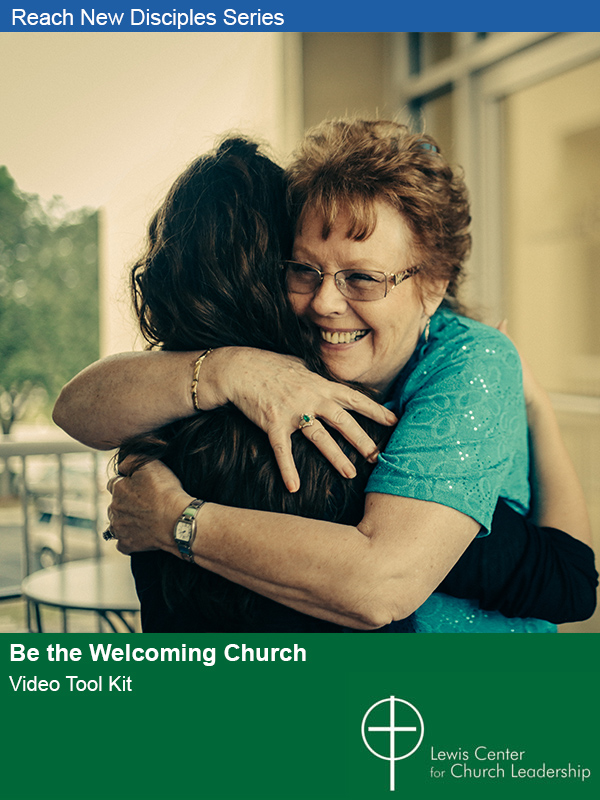Carey Nieuwhof says the post-COVID-19 world will be a different place. The move to digital worship is here to stay, he predicts. Putting it back on the shelf in the new normal would ignore the greatest opportunity the church today has to reach people.
By now you’ve realized that the COVID-19 pandemic is not an interruption nearly as much as it’s a disruption. And as you move more deeply through this crisis, the question of what kind of world will emerge beyond the crisis is probably also starting to occupy your mind. Mine too.
It’s pretty clear by now that the shuttering of business and churches and restrictions on movement and gatherings will be measured in months rather than weeks. It’s also becoming far more likely that when things do reopen, it won’t be an overnight return to wide-open gatherings and travel. To make things more challenging, the return to travel and gatherings the way they were might be measured in years, not months. Perhaps it will never be quite the same again.
Adjusting to a new reality
As upsetting and frustrating as that may be (and I hope I’m wrong), your job as a leader isn’t to fight reality, it’s to cooperate with it and leverage it. Fools deny reality, kicking against it to make it do what they hope it will do. The wise co-operate with it, leveraging it for new opportunities.
Let’s start here: the new world will be a different place in some deeply recognizable ways but in some profound ways as well. As a result, the church will be a different place with the same mission but with some very new methods. As much as you may want everything to go back to normal, you can’t go back to normal when normal has changed forever. The future isn’t kind to the unprepared, so prepare.
Please hear the promise in change though: leaders who have the energy, passion, and agility to change now will end up advancing their mission in the future. And, of course, leaders who don’t, won’t. They may not even survive. So, with all that said, what does the future look like?
Digital church is here to stay.
Because so many churches have gone online for the first time and everyone has made digital their default, the long debate about whether online church is ‘real’ or not is settled. And even if it’s not settled theologically (a few still have questions and objections and always will), it is settled practically.
Of course physical gatherings will return with joy as restrictions lift (don’t ignore the probability that the restrictions will lift partially and gradually), but to think that the world will suddenly go back to 100 percent physical when people have experienced digital is highly unlikely for a number of reasons.
- Churches are experimenting and making digital church better. Because digital church is the only option now, churches have poured a ton of time and energy into making it better, experimenting with different formats and opportunities and really connecting with people. Many are doing a great job, and it’s only likely to get better in the upcoming months as smaller churches come online and all churches keep innovating.
- Digital connections have proven meaningful for many. Sometimes the digital connections have been as or more meaningful than the in-person connections. I realize there will be many who push back against this, but it’s foolish to ignore the fact that people connect more easily online and often admit the truth more readily online than they do in person. (That might not be right, but it is true.)
- Most of the churches who are online now are experiencing growth. Again, the critics will question how to count the online numbers as real growth and raise 100 other objections, but it’s unmistakable that people who were unaware or disengaged with church a month ago are leaning in now. I have people in my own life who have attended a service now who never came to a building before. Our church has seen a 500 percent Sunday ‘attendance’ spike since the pandemic grew. And, yes, people are texting in their decision to follow Jesus and we’re opening up digital discipleship pathways and groups for more people than we’ve ever connected before.
What about the argument that some of this won’t stick? Let me take you back to the analog days for a minute: everyone who attended your church in person didn’t ‘stick’ either.
Unprecedented challenges provide unprecedented opportunities.
What we’re seeing in these early days of digital church is a huge spike in engagement and interest. To put digital church back on the shelf in the new normal is to ignore the greatest opportunity the church has today to reach people. And it also ignores the fact that many will want digital to be at least an optional if not a preferred method of engagement where geography and other barriers prevent access.
Will we go back to in-person and physical gatherings and services? Absolutely. But digital isn’t going away. It will continue to grow and advance.
This article is condensed from “5 Predictions about the Future Church While Everything’s Still Unknown” at CareyNieuwhof.com. Used by permission.
Related Resources
- 5 Reasons Why the Church of the Future Will be Online by Paul Nixon
- Online Church is Your New Front Door by Carey Nieuwhof
- 5 Keys to Great Online Worship Hospitality by Olu Brown







